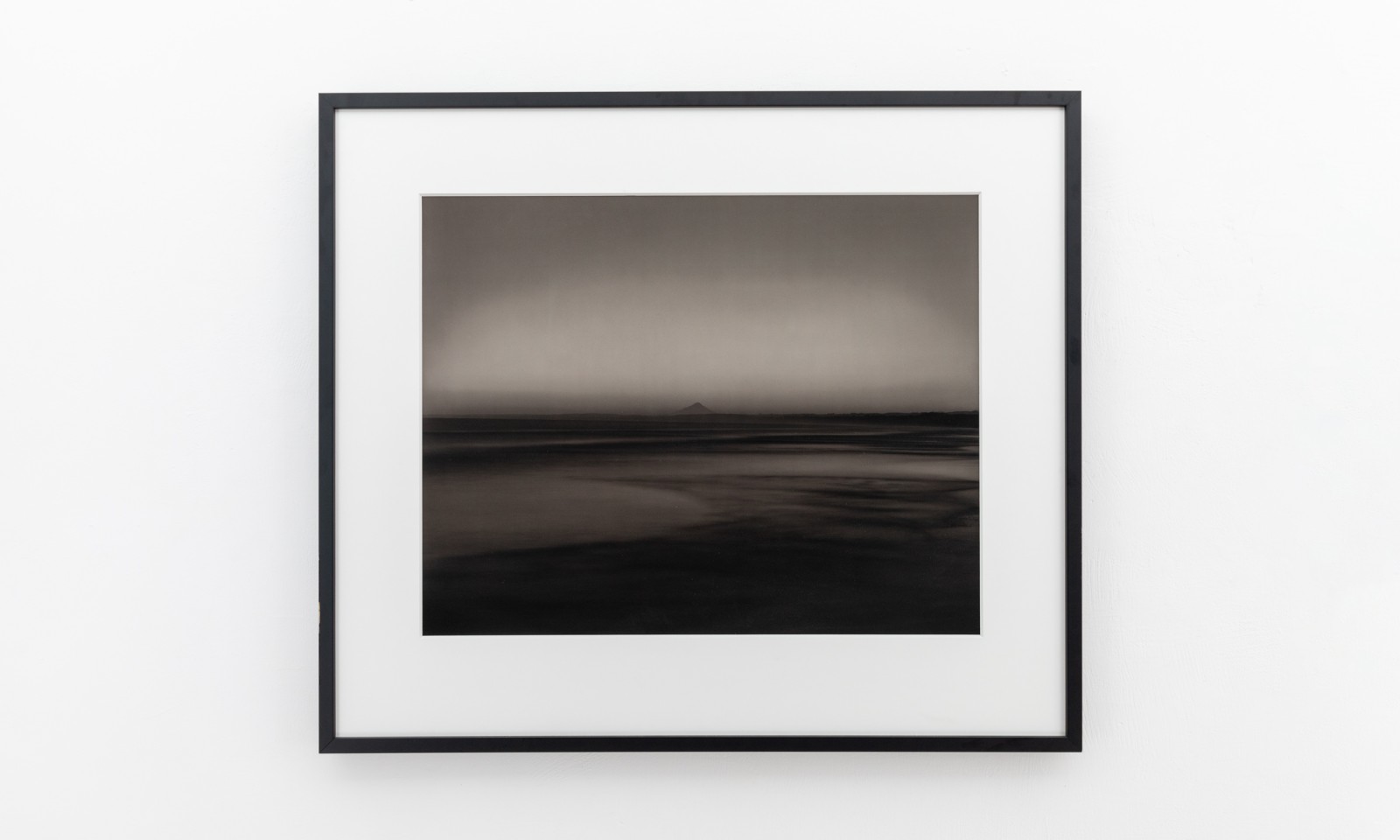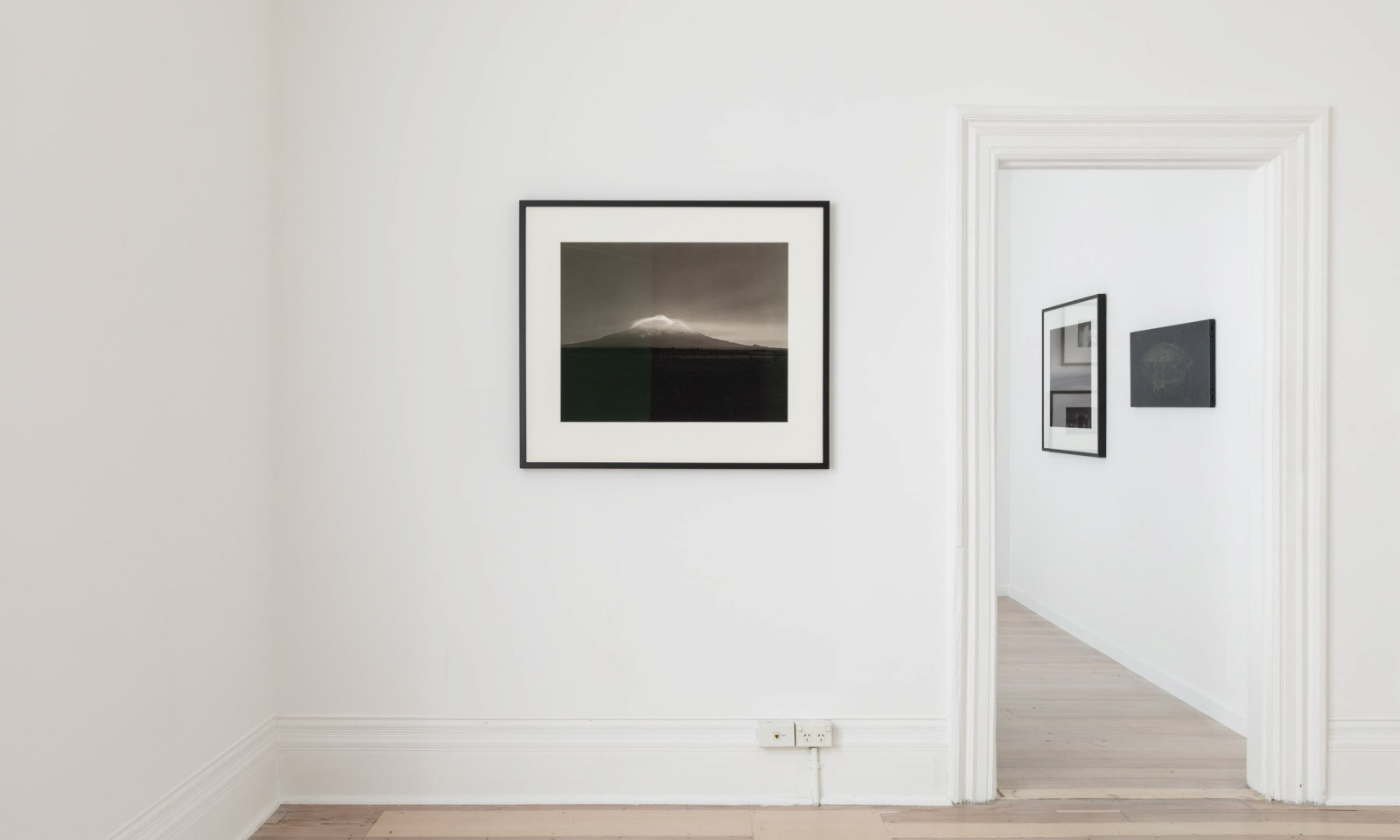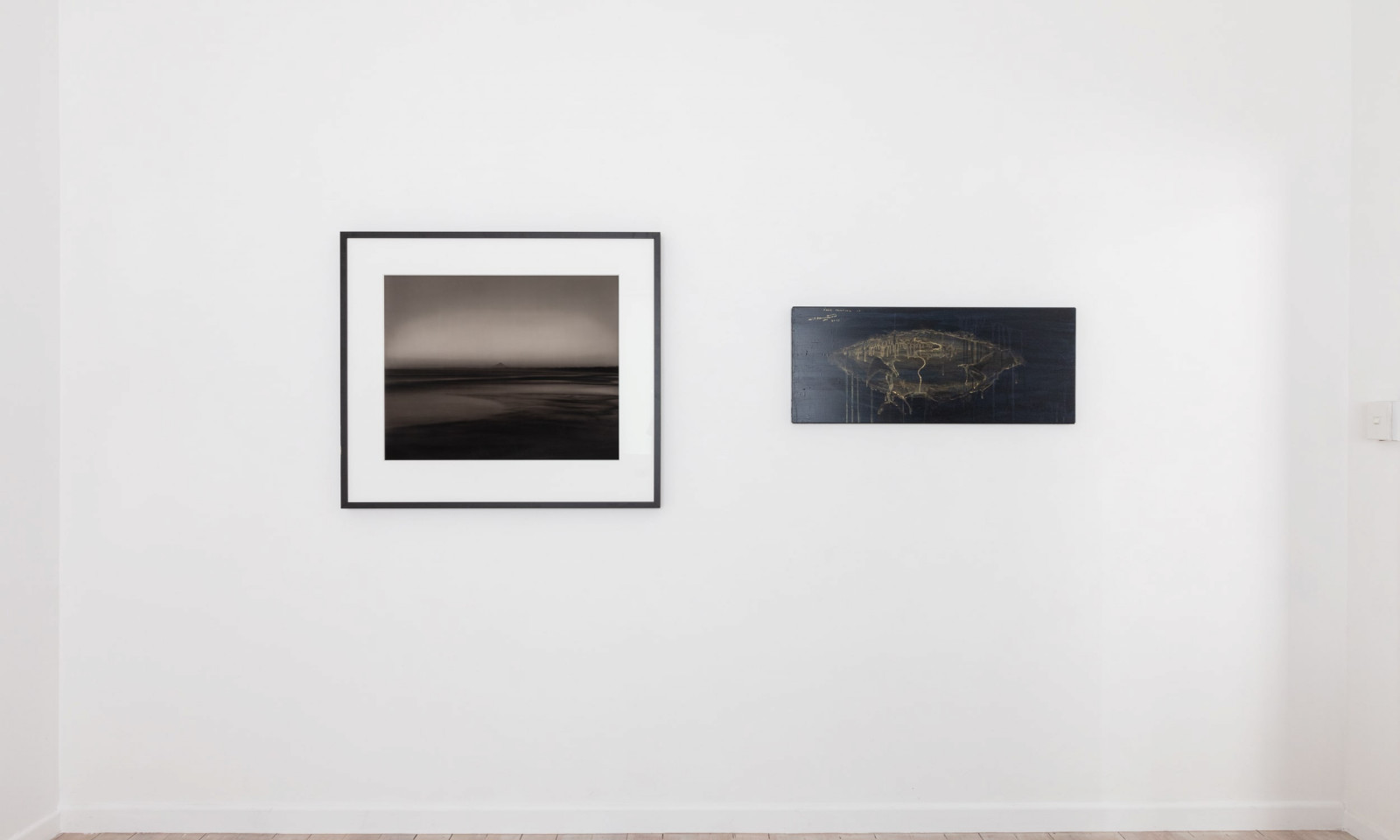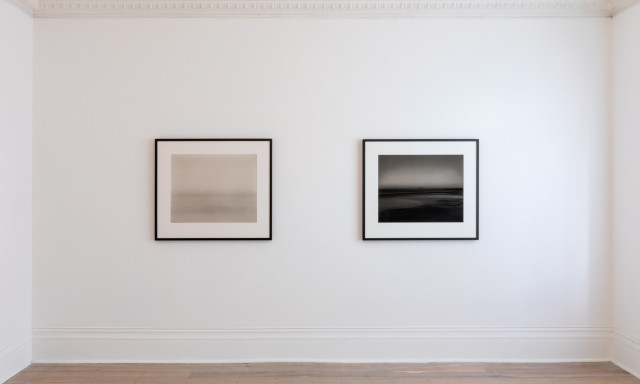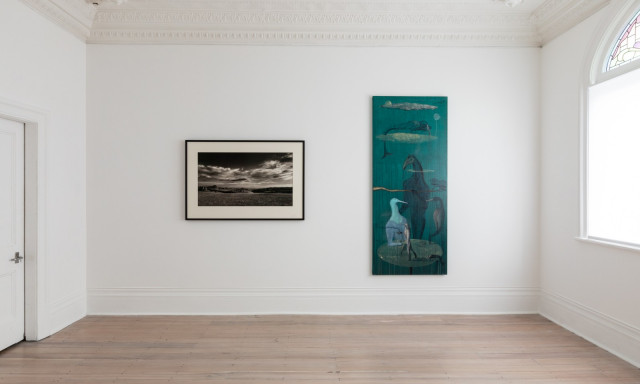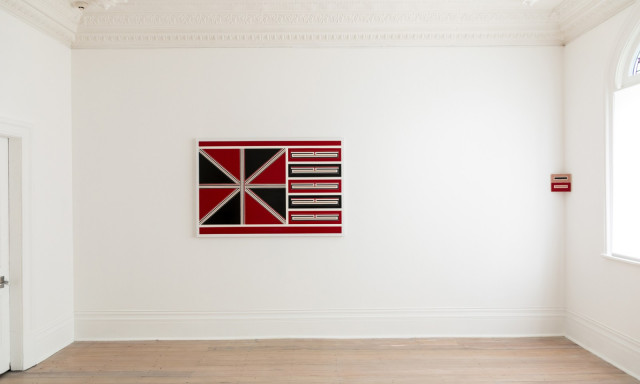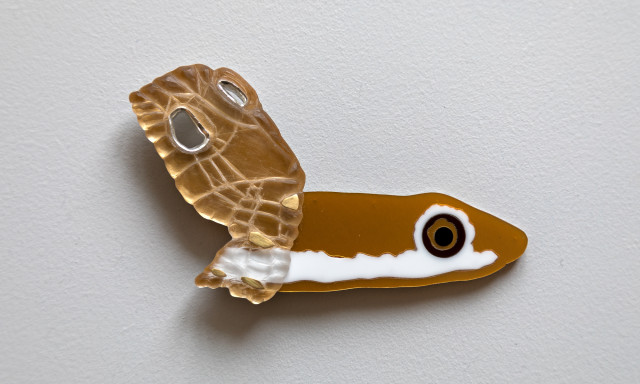About Laurence Aberhart
Laurence Geoffrey Aberhart was born in Nelson in 1946, the oldest of four children. In his own words, he “fled Nelson” as soon as he could. He found the stratification of Nelson society odious, although he found a stimulating niche in the local arts community. A girlfriend’s family were vintners, and enthusiasm for their wine brought the Woollastons, as well as Marti Friedlander and Barry Brickell, into the same social circle in Nelson. He thus also met Peter McLeavey in late 1967 when visiting the Woollastons.
Laurence Geoffrey Aberhart was born in Nelson in 1946, the oldest of four children. In his own words, he “fled Nelson” as soon as he could. He found the stratification of Nelson society odious, although he found a stimulating niche in the local arts community. A girlfriend’s family were vintners, and enthusiasm for their wine brought the Woollastons, as well as Marti Friedlander and Barry Brickell, into the same social circle in Nelson. He thus also met Peter McLeavey in late 1967 when visiting the Woollastons.
In the late 1960s, while at Teacher Training College in Christchurch, Laurence bought an old second-hand camera and began to experiment. Living behind a house full of students, he watched one of them developing photographs in a darkened bedroom and his interest was sparked. The appearance of an image on a blank sheet of paper mesmerised him. It was the beginning of his passion, and “the sole guiding principle” of his work—to “keep the magic”. Quentin Macfarlane, one of the painting tutors, pointed out to Laurence “a disused darkroom on campus and said ‘Go for it.’” Laurence recalls, “I didn’t know a thing but learned all I could by reading and trial-and-error.”
Through photographer and Elam lecturer John B. Turner, who was introduced to him by Peter McLeavey, Laurence met and fell in with a cohort of contemporary photographers: Gary Baigent, Richard Collins, and John Fields. “Through them” he says, “I was plunged into the whole Auckland art world which seemed to revolve around the Kiwi Tavern.” Their friendship was instructive, and he learnt critical techniques such as controlling temperature while developing film.
Laurence began exhibiting his work in the 1970s, and in 1978 had his first solo exhibition at Peter McLeavey Gallery. Early series of works are permeated by a sympathy for, and intimacy with, the forlorn. They feature Masonic lodges in urban backstreets, World War 1 memorials, isolated churches, halls and neglected buildings.
Recently, the heart of literal darkness has become a preoccupation. Brushing aside all suggestions to the contrary, he persists with ‘old fashioned’ technology, in the stubborn belief that the product of this methodology will outlast all arguments for ‘new’ and especially ‘contemporary’.
The resulting lambent images are quietly mysterious and unforgettably beautiful.
Selection of works
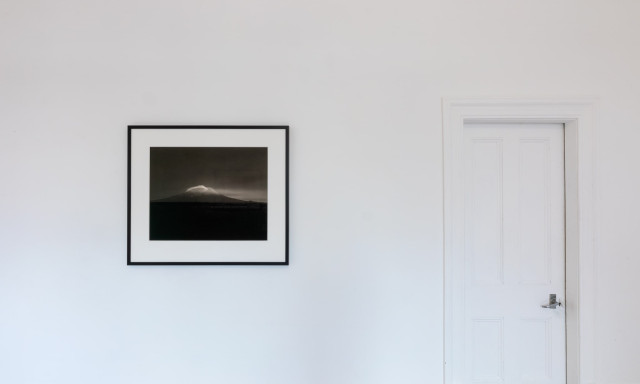
Laurence Aberhart
Platinum palladium print, edition of 12, 880 x 1200 mm (framed)
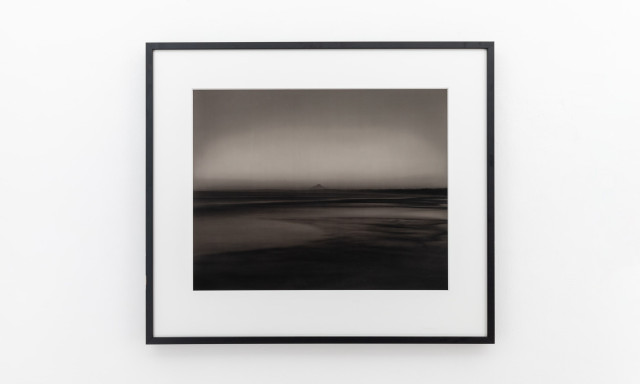
Laurence Aberhart
Platinum palladium print, edition of 12, 880 x 1200 cm (framed)
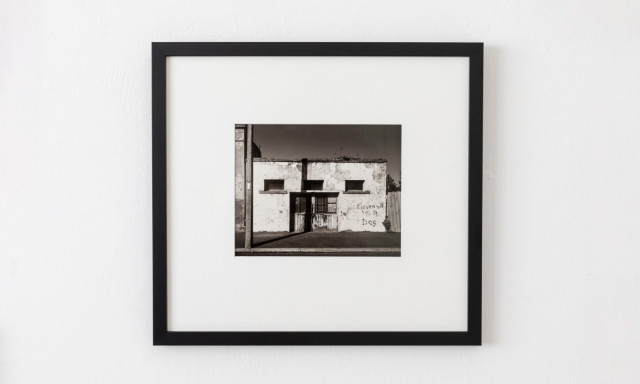
Laurence Aberhart
Silver gelatine, gold and selenium toned, 44 x 48 cm (framed)
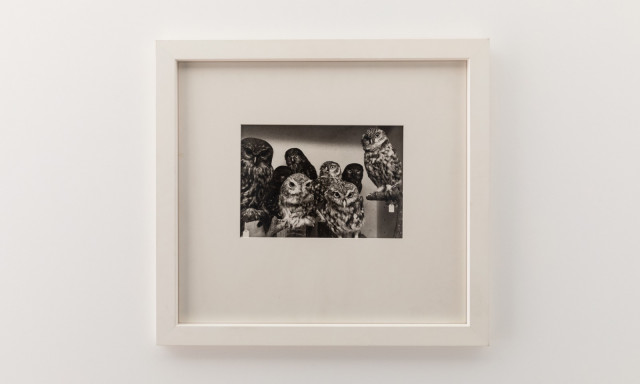
Laurence Aberhart, 1995
Silver gelatine selenium toned 2000/8 19455mm 495mm, 45 x 55 cm (framed)
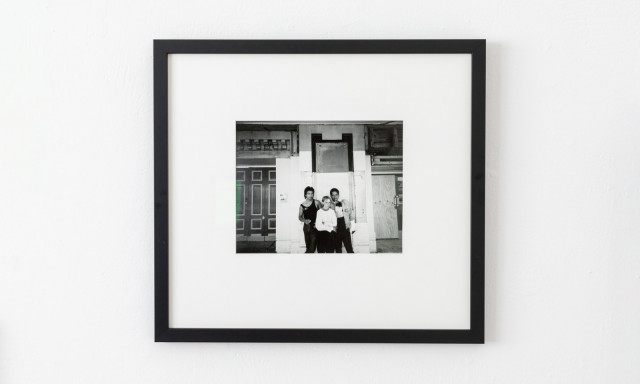
Laurence Aberhart
Silver gelatin, selenium toned, 44 x 48 cm (framed)
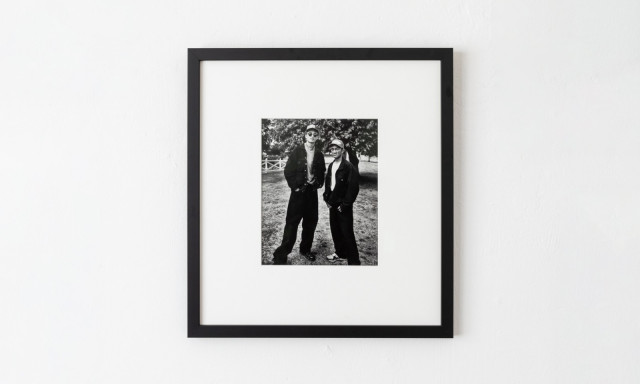
Laurence Aberhart
Silver gelatin, selenium toned, 44 x 48 cm (framed)
